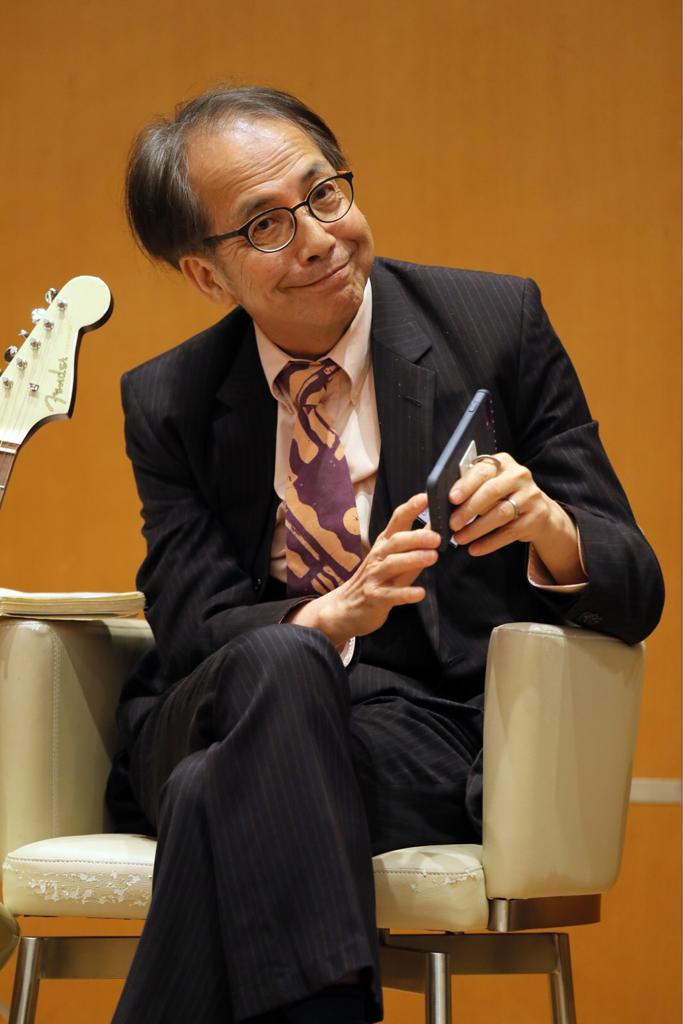Thinking Distortions
- Peter K F Cheung SBS

- Aug 20, 2020
- 3 min read
FADE IN.
Act 1
INT. STUDY - DAY
Peter is watching TV: We hear an anchor reporting:..calls for the boycott of the American tire company...
PETER (V.O.): It's an absolute, extreme, negative, and "should" judgment.
Smiling a little, Peter checks his Quora notifications.
PETER (V.O.) (Cont'd): Another fan asks me why are so many people attracted to the idea that the world is going to end?
Pausing.
PETER (V.O.) (Cont'd): I'm not attracted to the idea at all. My fan is seeking some patterns in random information. I can do the analysis and solves his intellectual misery.
Peter surfs the web.
PETER (V.O.) (Cont'd): Let me first mine the scientific information to refine my hypothesis of the phenomenon and to explain why I think differently.
Reading.
PETER (V.O.) (Cont'd): The poet, William Yeats, wrote about The Second Coming in 1919. Religious people often talk about that too. Similarly, Karl Marx predicts the end of capitalism.
Recalling.
PETER (V.O.) (Cont'd): I sang the song The End of the World too.
Act 2
INT. SITTING ROOM - CONTINUOUS
Reading.
PETER (V.O.) (Cont'd): As humans, our brains like to seek patterns from random information, as we've to adapt to the environment to survive.
Pausing.
PETER (V.O.)(Cont'd): We analyse the potential risks around us, make judgment regarding their causes, and decide whether or not to respond to situations.
Reading.
PETER (V.O.)(Cont'd): We may wrongly infer the existence of certain conditions including danger. Those're false positives. They're okay.
Reading.
PETER (V.O.)(Cont'd): We may also wrongly infer their non-existence. Those're false negatives. They can be dangerous.
Thinking.
PETER (V.O.)(Cont'd): People make different types of errors due to false patterns of thinking, particularly about cause and effect relationships.
Reading.
PETER (V.O.)(Cont'd): But the biggest problem is that people who are confused in their thinking patterns don't realize they're doing so.
Thinking.
PETER (V.O.)(Cont'd): They only look at the negative aspects of situations and neglect the positive ones. And they jump to extreme and catastrophic conclusions about the external world.
Thinking.
PETER (V.O.) (Cont'd): But they can also commit thinking errors about their internal world.
Thinking.
PETER (V.O.) (Cont'd): They might emotively think about themselves as the cause of problems that have little to do with them, believing what they should have done in certain situations.
Thinking.
PETER (V.O.) (Cont'd): While there're just too many no-shows about the end of the world, people's thinking errors about themselves can be very unhealthy.
Pausing.
PETER (V.O.) (Cont'd): They'd engage in endless negative self-talks, impacting on their anxious feelings, withdrawing from others and even affecting their physical well-being.
Peter sighs.
Act 3
INT. STUDY - CONTINUOUS
Pondering.
PETER (V.O.) (Cont'd): How come I haven't become one of them?
Reflecting.
PETER (V.O.) (Cont'd): It has a lot to do with my philosophical pursuit. The first things I learnt were logic and theory of knowledge. I can detect logical fallacies and understand the nature of knowledge.
Pausing.
PETER (V.O.) (Cont'd): But how to stop or slow down thinking distortions practically then?
Peter surfs the web.
PETER (V.O.) (Cont'd): We've to reflect on how we think: avoiding absolute and negative words directly on oneself, and appraising the reasonableness and unreasonableness of our judgment.
Pausing.
PETER (V.O.) (Cont'd): Then, we assess the change in one's satisfaction or misery during the reflective process. And then, we repeat the process to correct our flaws and perspectives more.
Reflecting.
PETER (V.O.) (Cont'd): The key is to unlearn the conditioned inhibition, and learn the new vision.
Pausing.
PETER (V.O.) (Cont'd): I believe, the bottom line one should try is to keep calm so that we're more in control of our emotions.
Peter begins to type his answer on the phone.
THE END
FADE OUT.





Comments